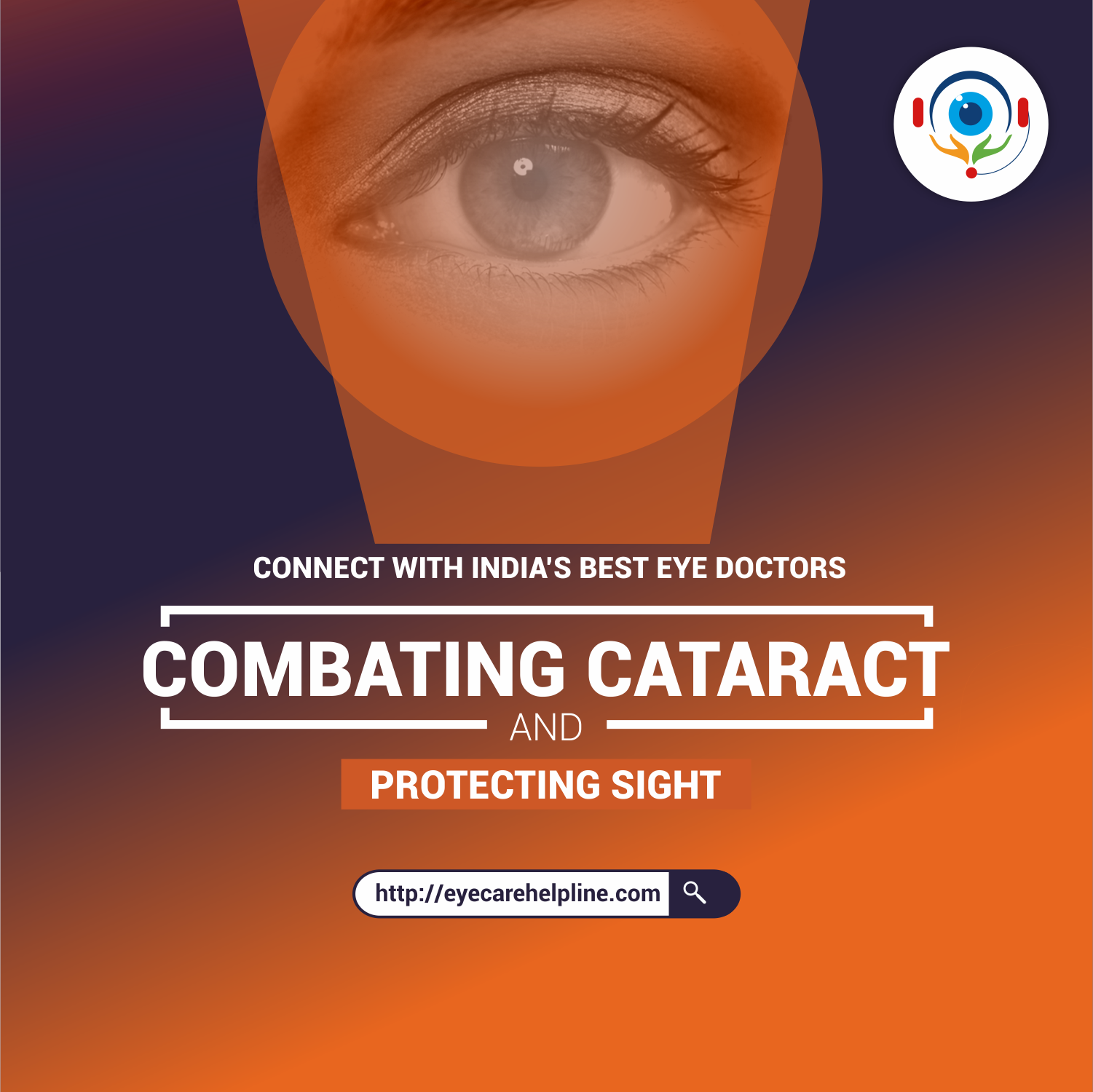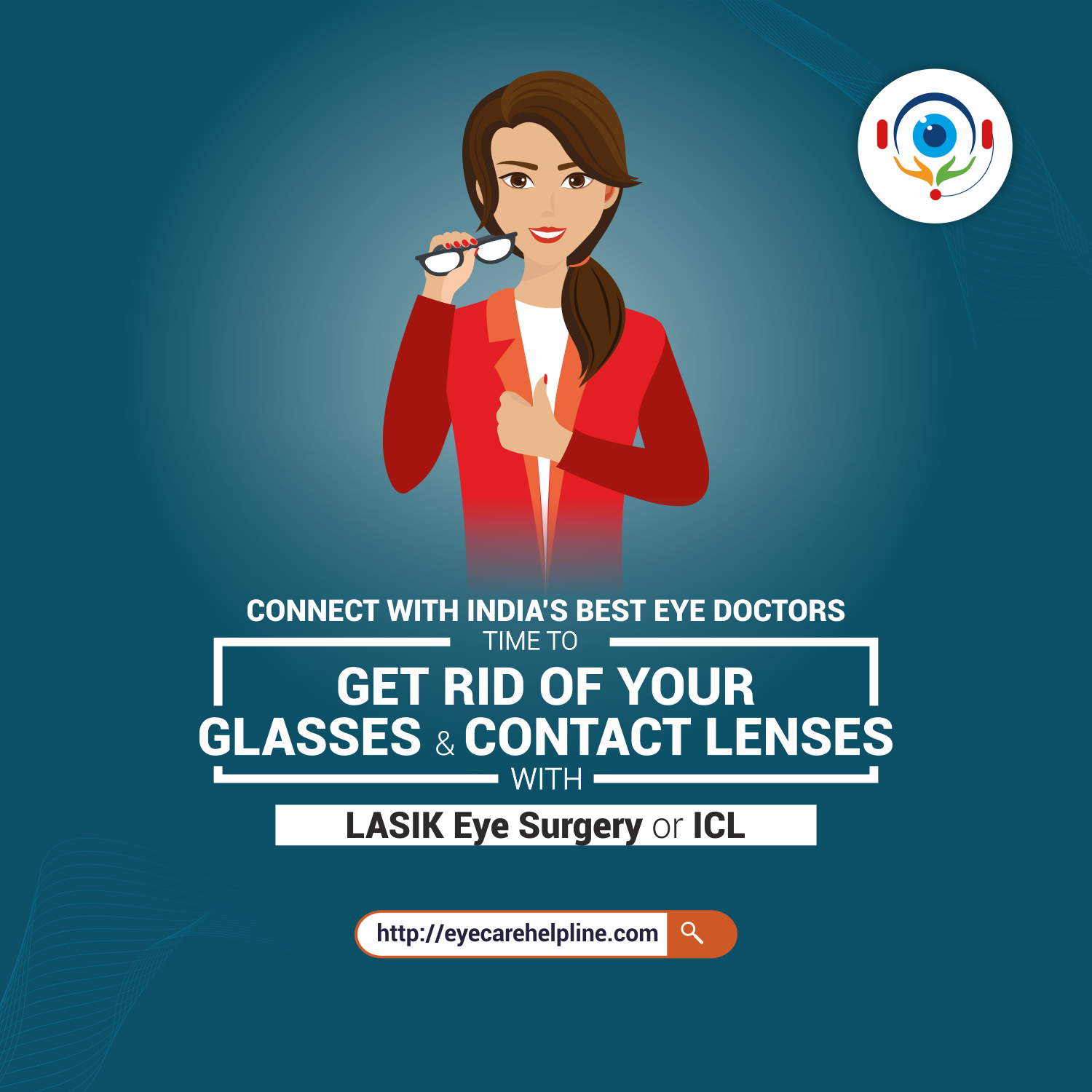- By: Dr. Gurjeet Singh
What is Blindness?
Blindness is a loss of eyesight that is caused when the optic nerve, the part of the brain responsible for vision or any portion of the eye is damaged.
Blindness can either be permanent or temporary.
With a population of about 130 crore, 1% of the Indian population suffers from blindness and 70% i.e. almost 1 crore of the population, is affected by bilateral blindness (blindness in both eyes).
What Causes Blindness?
1. Cataracts
2. Glaucoma
3. Cornea
4. Retina
5. Diabetes
6. Age Related Macular Degeneration
Corneal Blindness: In Depth
Corneal Blindness comes into existence when corneal diseases cause a great decrease in vision or lead to blindness. It is the fourth most common cause of blindness across the globe and about 10 lakh people in India suffer from it.
Following are reasons why people suffer from this condition.
1. Infection: A bacterial, fungal or viral infection can lead to corneal blindness.
2. Xerophthalmia: Also known as Vitamin A deficiency. You must note that this vitamin is quite an important one when it comes to vision.
3. Trauma: Trauma can result from an accident or by hurting yourself while playing with crackers or coming in contact with harmful chemicals.
4. Congenital Disorders: A child could be born with multiple disorders like corneal blindness.
5. Age: The possibility of getting corneal blindness increases with age.
Symptoms of Corneal Blindness
1. Irritation in the Eyes
2. Redness of the Eyes
3. Watery Eyes
4. Low Vision
How Is Corneal Blindness Treated?
1. Treatment with Medication
If you experience any of the above mentioned symptoms, you must consult your eye specialist immediately. Do not consult local doctors and take medicines without prescription, as doing so may adversely affect your eyes.
Over the counter medicines could consist of steroids with blindness as one of its side effects.
It takes about six to eight weeks to get cured once you begin taking medication. Although it takes time for your eyes to heal, do not get impatient and consult another doctor. By doing so, you will further delay your treatment. Hence it is advisable to stick to one doctor and be patient.
2. Treatment with Surgery
When medication does not work, surgery is the next best treatment option. Following are the types of surgeries people undergo -
a. Therapeutic Transplant: In this, the damaged cornea is replaced with a new one.
b. Optical Transplant: A clean cornea is attached with stitches in an optical transplant.
c. Lamellar Keratoplasty: In this, only the damaged portion of the eye is changed and not the entire eye. It can be the front or back of the cornea, depending on which part is damaged. With this type of surgery, recovery is quick and no stitches are involved. From kids to the aged, anyone can undergo this surgery.
You must note that all these types of surgeries are extremely safe.
Post Treatment Pointers
1. After your surgery and once you begin medication, you must regularly follow up with your doctor for a year.
2. When you begin medication, you will be required to take medicines eight to ten times per day. The frequency in the beginning is aggressive. This is so because another person’s cornea has been attached to yours and it takes time for your body to get used to the newly attached cornea.
3. The frequency of medication will gradually reduce to four times per day.
4. Medicines are extremely important and you must take them properly to avoid damaging your cornea again.
5. After a year of treatment, you won’t have to visit the doctor as regularly. However, medication will continue lifelong, reducing to once per day.
6. Be sure to maintain cleanliness and avoid putting dirty hands in your eyes.
Preventive Measures
1. To avoid getting infections that would further lead to corneal blindness, make sure that your hands are always clean. Do not touch your eyes with dirty hands.
2. Consuming a balanced diet of green leafy vegetables and yellow coloured fruits will prevent vitamin A deficiency and corneal blindness.
3. Avoid crackers and coming in conta



